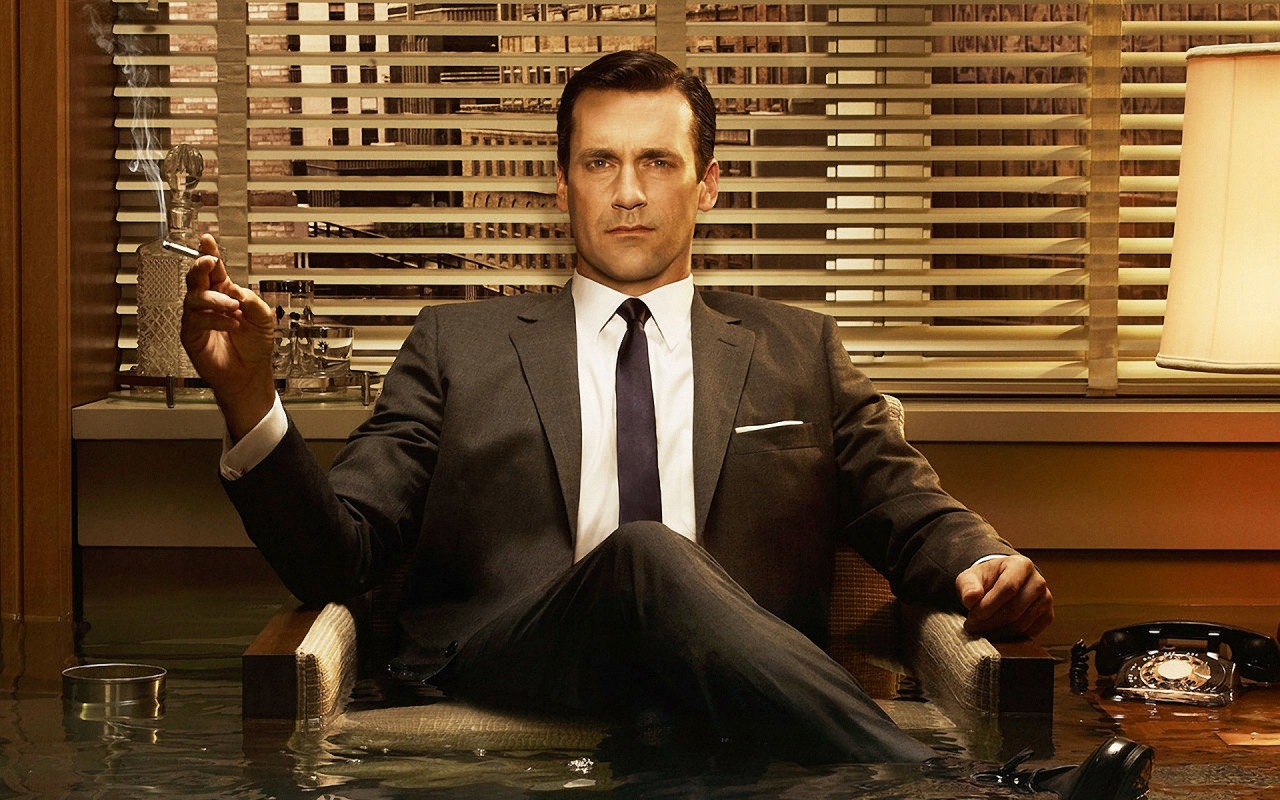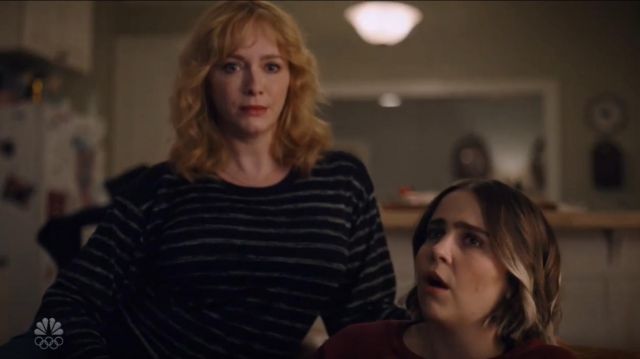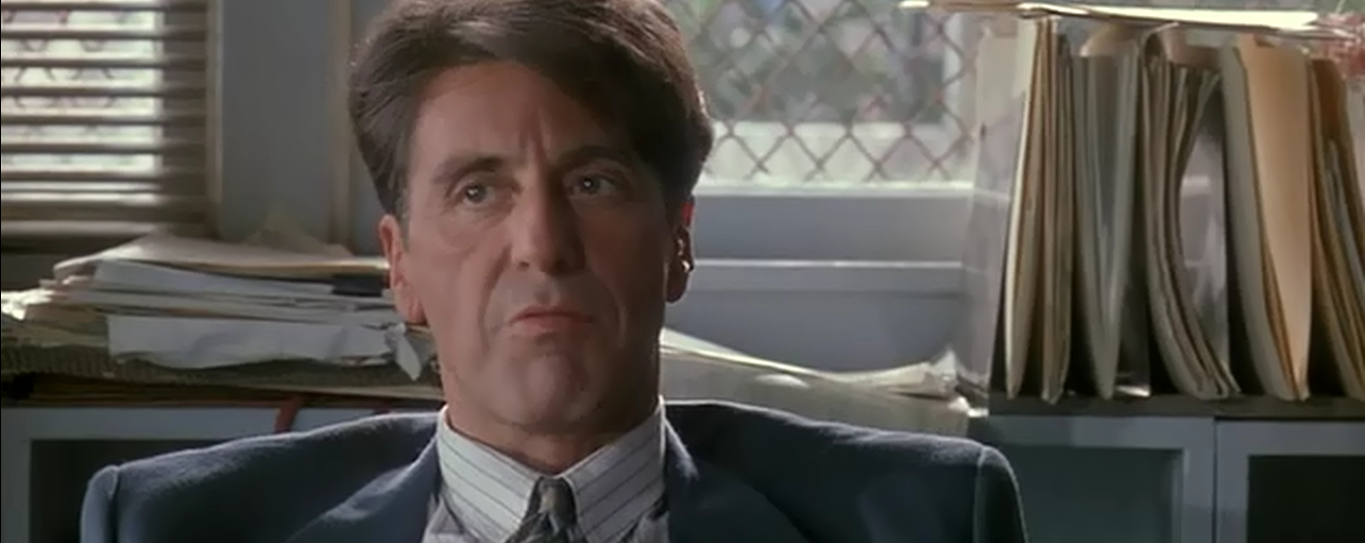Best Fictional Salesmen and What Made Them Great
There are many famous fictional salesmen. From Michael Scott in The Office to Jordan Belfort in The Wolf of Wall Street—dozens of shows and movies feature skilled sales reps making inspirational money moves. But who is the best salesman in The Office? And which famous fictional salesman can you draw the most inspiration from? Read on to find out who we count as the best fictional salesman in TV and film and what makes each great.
Michael Scott - The Office

One can hardly think of a famous fictional salesman without The Office coming to mind. Maybe you’re a fan of Dwight Schrute’s or Jim Halpert’s tactics, but you have to admit, Michael Scott has the most experience in sales—and every time he steps in, a sale is made. Michael Scott’s sales approach is people-centric. At one point maybe you giggled as he said, “Business is always personal, it's the most personal thing in the world.” But there’s something to that.
One of the best examples of Michael Scott’s sales prowess is in the seventh episode of the second season, when Michael and his boss Jan meet with Christian, who represents the paper interests of the government in the surrounding county. It’s a big deal, because Dunder Mifflin, the paper company Michael works for, isn’t doing so well. But this sale could save them.
Michael first switches the location of the meeting, wanting to avoid seeming “snooty” by meeting at a local hotel. Instead, to Jan’s fury, he decides to take Christian to the local Chili’s for lunch. This famous fictional salesman closes the deal at Chili’s because, instead of jumping straight into business and trying to close the sale right off the bat, he gets to know Christian first. He opens up with some jokes and an offer to split the “awesome blossom” onion. They make conversation and laugh and chat before Michael weaves in his desire to provide paper for the county. It’s a personal touch that Jan is not only shocked but delighted by. And it proves why Michael Scott is the best fictional salesman in the office.
Don Draper - Mad Men

Perhaps the most well-known fictional salesman on TV, Don Draper’s reputation precedes him. In fact, if you Google “Don Draper Sales Techniques” you’ll find a slew of articles touting Don’s methods and advising how you can follow in his footsteps. There are several lessons you can take from Don Draper, but one of his most important sales secrets is being proactive and not reactive.
In the season one finale, Eastman Kodak is looking to base a campaign for their slide projector on the wheel. In many instances, sales reps might react by simply satisfying the client with what they expect. Don Draper, however, looks to transcend expectations. He takes a big out-of-the-box step, aiming past the initial ask to differentiate himself from the competition.
Introducing nostalgia to his pitch—he insists that the slide projector "is not called the wheel. It's called the carousel." Carousels have fun and almost whimsical connotations. This famous fictional salesman utilizes a creative approach and an understanding of his customer's business to establish trust. He’s done his homework, taking the time to learn what he needs to about his client’s products and services. So he’s ultimately able to proactively bring a solution to the table that not only solves his client’s needs, but also exceeds his expectations.
Beth Boland - Good Girls

While Beth Boland’s character in the TV show Good Girls, played by Christina Hendricks, is not technically a salesperson, she has several shining moments that land her on our list of top fictional salesmen. In the show, Beth, her sister, and their life-long friend fall into a money laundering scheme when each of them run into their own dire financial situations.
In the second season, Beth finds herself taking over her husband’s car lot in order to buy cars with fake cash and resell them for the real stuff. Despite her controversial behavior, Beth is able to sell far more cars than her husband and his top sellers because she notices how many busy mothers are coming onto the lot, and she can relate to them. The other salesmen try to sell to these women based on horsepower and arbitrary features, but Beth uses her experience as a mother to win them over by focusing on the features she knows mothers want and need: storage space, car seat room, safety.
Beth’s sales are client-focused. She finds common ground with her customers and uses that to not only create connections but to solve their needs, rather than selling with the same script every time. She uses inventive demonstrations like how easy it is to vacuum crumbs out of the car’s floor or how simple it is to open the trunk when your hands aren’t free. She ends up outselling even her husband’s top salesman—and that’s why Beth Boland makes the list of top fictional salesmen.
Jordan Belfort - The Wolf of Wall Street

Both a famous fictional salesman and a real-life sales icon—Jordan Bellfort has to be included among any list for best fictional salesman. Though somewhat controversial in his scheming, Jordan Bellfort’s character in The Wolf of Wall Street lives in infamy in the sales world.
Played by Leonardo DiCaprio, Jordan Belfort initially rose to fame by selling penny stocks to customers via phone calls. He put together a call script that made sales almost foolproof—and took a decent commission of every deal. But the lesson salesmen can learn from Jordan Belfort isn’t to get rich by scamming people or playing off of bad investments. The real lesson to learn from Jordan Belfort is to stay hungry for success.
In the film, Jordan Belfort and his team create a pretty strong sales process that utilizes a mix of strategy and self-confidence to achieve their goals. They’re able to build a name for themselves and take the finance industry by storm. Sure, Belfort’s biggest pitfall is getting too caught up in the hype… but by learning from his wins and his mistakes, real life sales reps can find a balance that inspires growth and ambition—while staying grounded in reality.
Chris Gardner - The Pursuit of Happyness

Perhaps one of the most tenacious fictional salesmen on this list, Chris Gardner’s character—played by Will Smith—in The Pursuit of Happyness goes from homeless, traveling salesman to landing a full-time stockbroker gig he tirelessly fights for. All the while, he faces unfortunate circumstances and events that create various hurdles for him to jump over on his way to success. But Gardner never gives up, and that’s one of the reasons he lands on our list of top fictional salesmen.
When Gardner is homeless, working his way through an unpaid internship to try to land the job that will help support him and his young son, he’s disadvantaged by limited work hours. But he knows that the only way to earn the broker position he wants is to maximize his clients and profits. So he thinks outside of the box to make that happen. Gardner ends up developing ways to make sales calls more efficiently, such as reaching out to specific client types. Defying company protocol, he starts directing calls to potential high-value customers to make the sales.
It’s his inventiveness and force of will that eventually land him the stockbroker position. He’s a perfect example of how to keep moving through obstacles to reach your goals. In sales, that’s one of the best attributes you can foster in yourself—a willingness to try whatever you can to get where you want to be. That’s why Chris Gardner is one of our top fictional salesmen.
Ricky Roma - Glengarry Glen Ross

David Mamet’s Pulitzer Prize winning film Glengarry Glen Ross follows ruthless real-estate salesman Ricky Roma, the last fictional salesman on our list today. Ricky Roma is somewhat of a sales veteran, and with that comes confidence. He utilizes his confidence to lead in with confessions that grab his client’s—and potential client’s—attention.
For example, early in the film, Roma approaches a stranger in a Chinese restaurant and he’s able to get him close to investing in Florida land that he initially shows no interest in. He starts by proclaiming that train compartments smell like excrement, and that the worst part is he’s grown used to it and doesn’t mind anymore, tacking on: “That’s the worst thing I can confess.”
A confession like this is attention grabbing. Most people listening probably want to know why he’s saying this, merely out of curiosity if nothing else, and that’s how he hooks customers. Roma utilizes confidence and a good hook to peak client’s interest and reel them in. That’s why this character continues to be another excellent example of one of the best fictional salesmen in pop culture today.
 Back
Back



